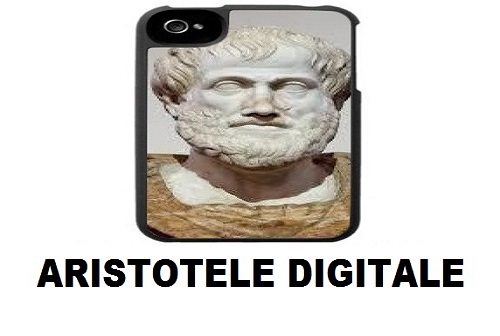This announcement follows an explanation-introduction. To come up with what? Biopolitics. When everything changes (and everything has changed) the elements, which reconfigure civilization processes are reassembles, that is, the relationships between the subject, the subjects, the territories, the material conditions of life and the values.
I do not use the term civilization because I think it has been used as a self-assessment to say that some are better than others.
We are used to interpret these processes over very long periods. However, even though I suspect that changes in civilization have always took long time to be worked out, they have always collapsed in a short time and because of unforeseen events.
And in many ways unrelated to the real reasons of the collapse.
In our time the event is the covid-19.
The symptoms: the emptying of the metropolises, their dis-function, the impossibility of distinguishing between cities and countryside, internal and external, disarticulation of material and immaterial boundaries, the disintermediation taking place everywhere with the disintegration of all intermediate bodies, the loss of the center everywhere (not so much the political, but the spatial and social one).
There are processes of urban and territorial aggregation, which are completely occasional within a kind of hysterical nomadism that cannot find any reason except the desire of escaping from something. There are at least twenty aggregations worldwide without any identities, living on barter and ranging from fifteen million inhabitants up to sixty million. These aggregations have invaded territories without any social construction and indifferent to the traditional borders of the states.
There are cities which are called tumoral, because they are totally closed in themselves, even the police of the states in which they are located do not enter. There are lots of favelas or suburbs in which the law is the violence and the oppression. Do we really want to call them cities?
Our civilization has been built around the combination value/work, around the unconditional exploitation of resources, around power as a mediation of conflicts, around the presumption of truth of knowledge, around the separation of city and country, between production and consumption, between the farmer and the worker (production) and the dandy and the flâneur. Perhaps this civilization is collapsing. The same civilization which, seeking in every way the collective emancipation towards democracy, has produced its own negative.
Today, in Italy even the jester who has replaced the king can say that dictatorship is better than democracy, because only the dictator can feed everyone. Maybe with a citizenship income. Perhaps we should query ourselves around a new word in the form but very ancient in its content: biopolitics.








